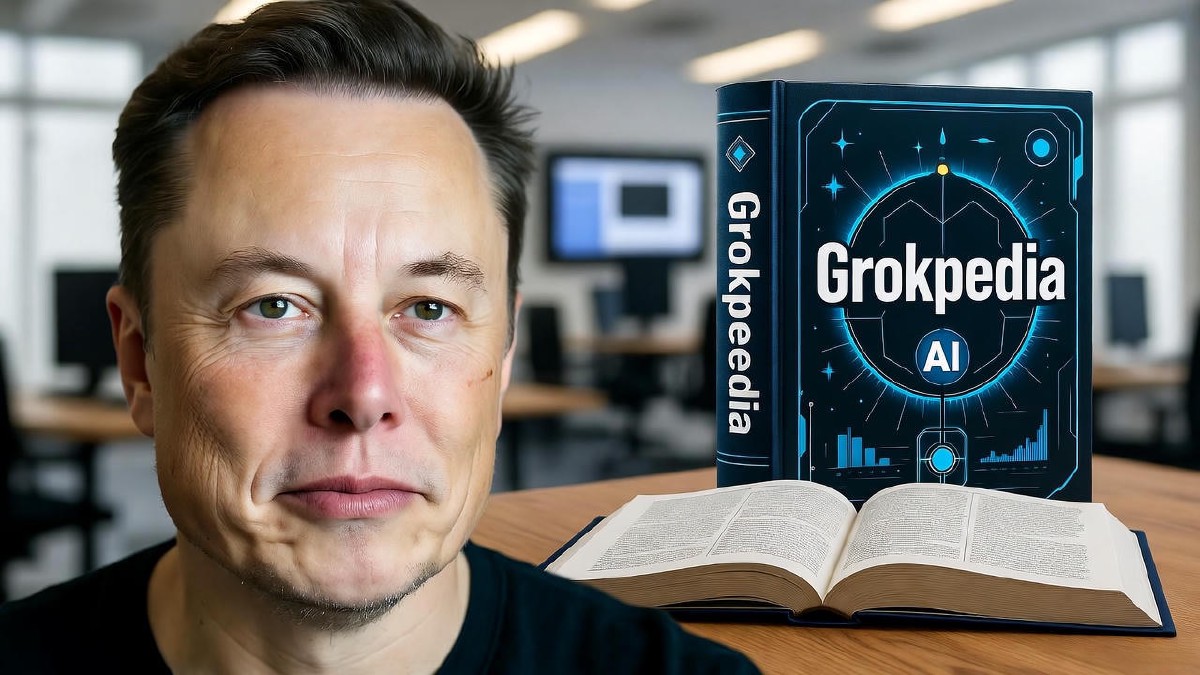Elon Musk’s xAI just launched Grokipedia, an AI-driven encyclopedia with roughly 885,000 articles. It’s positioned as an alternative to Wikipedia, which Musk has criticized as biased. The pitch: AI-generated content that delivers “the truth, the whole truth, and nothing but the truth.”
Wikipedia has over 8 million articles built through decades of collaborative human editing. Grokipedia is trying to shortcut that process entirely with AI.
The Promise vs. The Reality#
The idea sounds appealing—use AI to cut through bias and deliver objective information. But here’s the catch: AI doesn’t create truth. It learns patterns from existing data, which means it inherits whatever biases exist in that data.
Early observations already show this. Grokipedia’s content reflects certain viewpoints that align with Musk’s own positions, which is exactly the kind of bias he claims to be solving. Promising objectivity while potentially encoding your own worldview into an AI system isn’t eliminating bias—it’s just hiding who the editor is.
What It Means#
Wikipedia isn’t perfect. Its collaborative model has flaws, and debates about neutrality are constant. But those flaws are visible. You can see the edit history, the discussions, the humans making decisions. With AI-generated content, the editorial process happens inside a black box.
The real question isn’t whether AI can write encyclopedia articles—it clearly can. The question is whether removing human oversight actually makes information more trustworthy, or just less transparent about its biases.
Grokipedia might generate content faster than Wikipedia, but speed isn’t the same as truth. And when you can’t see who’s making the decisions, “objective” becomes whoever trained the model.
Learn more: Visit Grokipedia to explore the platform.


